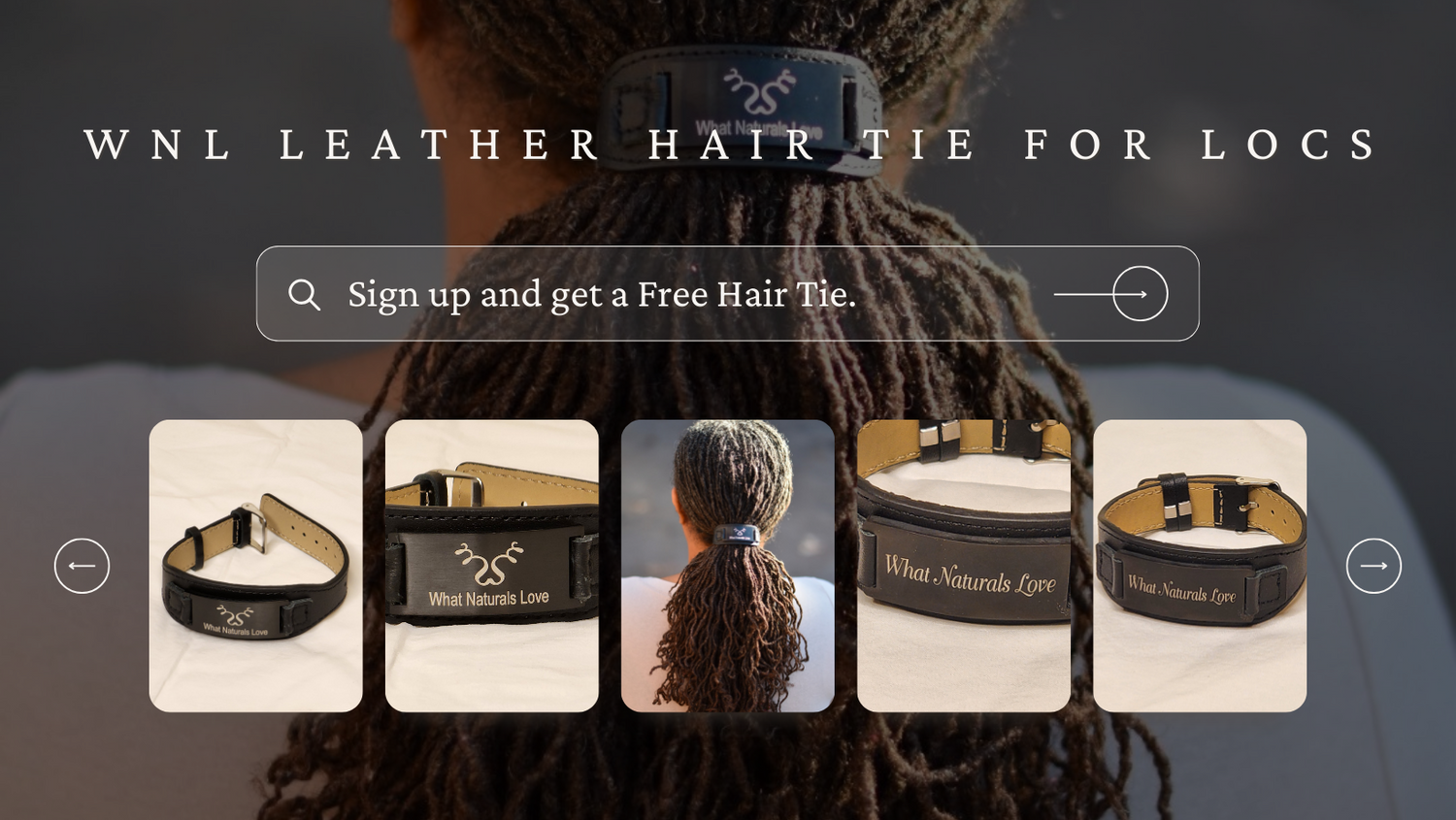I am glad Will Smith apologized for what he did. His apology was on point. His behavior was unacceptable and inexcusable. Yet, I have to admit that I felt for him.
I saw his worst fears become a reality. In that one moment, as Denzel phrased it, the devil showed up. Will Smith became his dad, the abusive man he feared, the violent man he tried not to be, all of his life.
The words he spoke soon after the incident, when receiving his award, ‘Love will make you do stupid things’ only made things worse in my eyes. These are the words of every abuser. It was a painful moment. It was unfortunate. I do hope he heals.
Isabella Broekhuizen her scalp was mutilated after a relaxer went wrong.
Alopecia is no joke
It goes without saying that women could totally understand and relate to everything Jada may have felt at that moment when Chris told the joke. Losing your hair is not funny. At one point, I too dealt with hair loss and bald spots and it wasn’t easy. It wasn’t easy at all. I was scared. I cried. It is the reason I went natural and till this day I am still thankful to have hair.
It was a deep emotional experience but I think even without personally experiencing any kind of hair loss one can understand that losing your hair is not a funny thing. However, the comments that cheered Will on as a hero revealed a much deeper pain than the pain connected to a condition like alopecia.
Black hair pain
The pain stems from the fact that Black people are the only people on planet earth who don’t have the fundamental human right to wear their God-given tresses natural. Our natural hairstyles are being stereotyped and labeled unacceptable. Nearly every Black person can tell you stories of how they were teased with their hair as a little girl or a little boy.
The six year old girl who was turned away from school because of her natural hair, the wrestler who had to cut his dreadlocks if he wanted to continue the game and the Black teen who wasn’t allowed to walk at graduation because of his hairstyle are only a fraction of the abuse Black people have to endure when it comes to their hair.
As a young girl with an afro, I was made fun of. My hair was ridiculed so many times, I got used to it. A friend once looked at my fro and said, if I’d woke up tomorrow with hair like yours, I would commit suicide. To be honest, this comment didn’t even bother me. As young as I was, I wasn’t bothered by that remark because even if it was the hair nobody wanted, it was still my hair, my fro and I was kinda happy with it.
The experiences that opened my eyes came later in life when I became a natural hair advocate and ran a natural hair forum on my first ever hair website kroeshaar.com.
One of the girls who went natural wrote that her mother said that her natural hair was as ugly as the pubic hair of an ape. While members were up in arms about her comment, I understood where the mom came from. All the mom wanted to do was to protect her daughter from the generational pain and shame of Black hair that was passed on to her. Was it the right way? Of course not. It was a traumatic response based on pain and fear that hurt her very own child. Yet, this wasn’t even the worst.
An experience that hurt me to my core was a White mom’s email. She had adopted a Black baby girl from South Africa and was asking me what to do with the jar that was sent along with the baby. The mom didn’t really know what was in the jar but it had a strong chemical smell to it and the mom was instructed to put the substance on her baby girl’s hair every two or three months. As you can probably guess, it was a relaxer to chemically straighten the baby's natural hair.

click to buy Bad hair Uprooted, the Untold History of Black Follicles
We need healing
I can assure you that these stories only resemble a fraction of the pain our community has to deal with when it comes to our hair. Still, as much as I can relate to the pain connected to Black hair and understand where it comes from, I also realize that the way we react as Black women is not always ok. It doesn’t seem healthy. Ayanna Pressley, a political rep who also deals with alopecia, deleted her tweet in support of Will, for a reason.
What played out live on the Oscar stage was plain wrong. The response of women cheering Will Smith on is rooted in generational Black hair trauma.

You see, Chris Rock didn't say anything negative. He didn't say that Jada didn't look great. He didn't call her names. He made a reference to a beautiful empowering figure with short hair.
GI Jane was an empowering movie for women. When Demi cut her hair short, I thought she was the most beautiful woman in Hollywood. Even as a RTT fan, I wasn't aware of Jada's alopecia struggles so what I saw was the resemblance of beauty and empowerment and thought Jada would make a great GI Jane.
I understand that this couldn't be the response of a woman dealing with alopecia but that so many other women's immediate responses seemed to block out the idea that Chris meant anything else but to degrade Jada, a Black woman, is telling.
Judgement rooted in trauma is clouded with pain, fear and often shame and it's time to start healing.
Healing starts with understanding your pain. Understanding why you respond the way you respond. We need to examine and reflect on that. My book Bad hair Uprooted, the Untold History of Black Follicles can be a helpful tool in making the connection.

We have a long way to go but there is hope. Natural hair is now more accepted than it was two decades ago when I started blogging about natural hair and the Crown Act, a law which prohibits discrimination based on hair style and hair texture, passed in 13 states.
Then, if there is anything good that came out of this, it is that now, not just more people are aware of our pain. So are we and we can start dealing with it.
As they say in Suriname Wan ogri tja wan bun. Translated Something ugly brought something good along.
Mireille Liong is author of Bad hair Uprooted, the Untold History of Black Follicles and founder of WhatNaturalsLove.com







1 comment
I was reluctant to read this blog, but I’m glad that I did. Thank you for being thoughtful and balanced, and digging deeper into the issue of black women and our hair.